Historical fiction is a rich and varied genre, drawing writers from all kinds of experiences. As a genre, it encapsulates books that are fiction but draws on real, historic events (and sometimes people) to base plots around. Authors use these events of the past to craft compelling narratives, a task that requires attention to detail and often intense research of a particular time and place. These books might take place during ancient times, or they might have occurred as few as 20 years ago — there is some debate about where the official cut-off of historical versus contemporary fiction should be. While many historical fiction books stick closely with the historic record, there are also examples that take more creative liberty. Some authors specialize primarily in the genre, while others publish one or two historical fiction novels, as well as work in other genres.
Many historical fiction books have been recognized by prize committees, speaking to the breadth of talent in this field of writing. Historical fiction books have won prizes not explicitly set aside for historic fiction books, such as the Pulitzer Prize for Fiction, the Booker Prize, and the Women’s Prize for Fiction. There are also multiple organizations that award recognition specifically for historical fiction books, for example, the Society of American Historians Prize for Historical Fiction or the Walter Scott Prize.
No matter what time you want to travel to, these award-winning books will give you plenty of well-written options to start your reading.
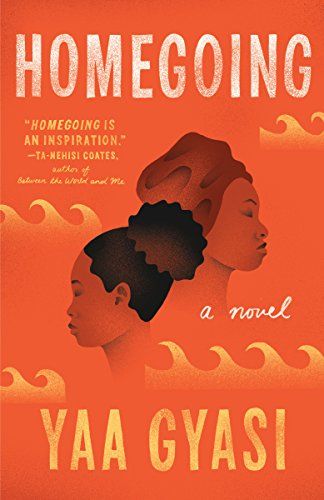
Homegoing by Yaa Gyasi (PEN/Hemingway Award, American Book Award, 2017)
This was Gyasi’s debut in historical fiction and immediately garnered both awards for the title and devoted readers for the author. The story follows Maame, an Asante woman, and her descendants across generations. This sweeping book captures the futures of multiple lines of Maame’s family as the plot weaves from Ghana to America.
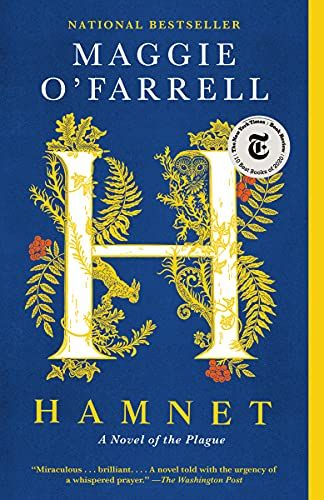
Hamnet by Maggie O’Farrell (National Book Critics Circle Award for Fiction, Women’s Prize for Fiction, 2020)
This fictionalized account of the life of Hamnet, the son of Shakespeare who died in childhood, was everywhere the year it came out. Combining Farrell’s genius with prose and emotionally resonant storytelling, this story weaves in themes of family, love, plagues, and culture throughout.
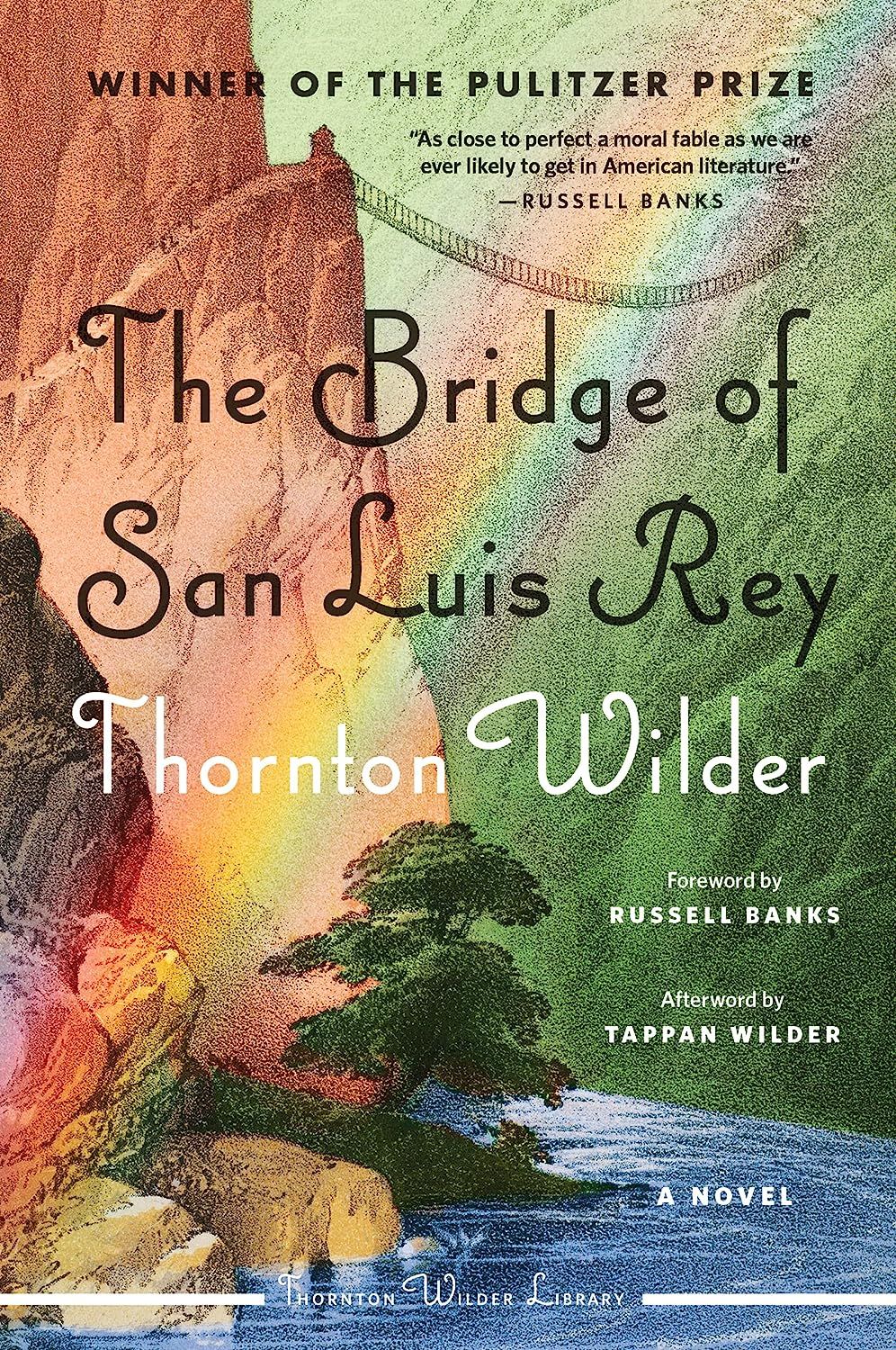
The Bridge of San Luis Rey by Thornton Wilder (Pulitzer Prize, 1928)
Rewinding almost a hundred years, this book is widely considered to be the best work of Wilder, who also wrote Our Town. A friar witnesses the deaths of five people when a rope bridge they are crossing in Peru collapses. Torn apart by what he’s seen, the friar begins to look into each of the five’s life stories, questioning why they had to die. As he searches, the dead characters come to life to speak with the friar about the meaning of life and fate.
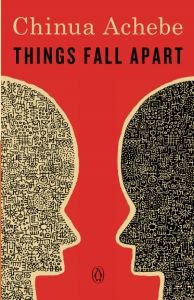
Things Fall Apart by Chinua Achebe (Margaret Wong Memorial Prize, 1959)
Achebe’s novel is considered the archetype of the modern African novel and was one of the first to achieve widespread global acclaim and readership. In this book, which was Achebe’s debut, we see the story through the eyes of Okonkwo, an Igbo (Ibo in the novel) man in Nigeria. The novel addresses politics and family within Okonkwo’s life, as well as the impacts of colonialism and Christian missionaries on his community.
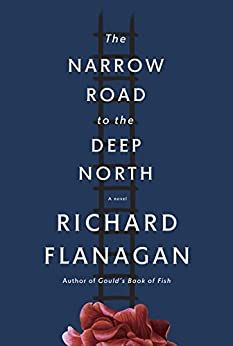
The Narrow Road to the Deep North by Richard Flanagan (Booker Prize, 2014)
At the end of his life, Australian doctor Dorrigo Evans is recalling the memories that led him to his present state. He reflects on his childhood in rural Tasmania and then on his time as a Japanese prisoner of war sent to labor on the Burma Death Railway. Flanagan conveys the wrenching horror of those experiences, drawn from his family member’s own time as a POW. The book was praised globally for its exploration of themes relating to humanity and war.
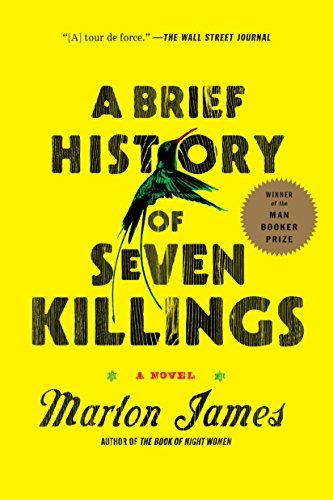
A Brief History of Seven Killings by Marlon James (Booker Prize, 2015)
This novel is built in five sections, each focusing on a single day and titled after a musical track. Through these moments, James explores Jamaican politics and the neighborhoods of West Kingston while sprinkling in appearances from real-life figures and from James himself. Marlon James has multiple award-winning books; his The Book of Night Women (2009) is also an award-winning historical fiction title.
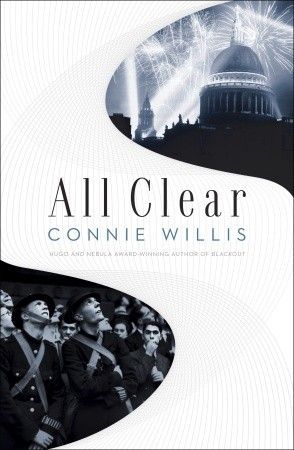
All Clear by Connie Willis (Nebula Award, Hugo Award, 2010)
If you like a side of sci-fi with your historical fiction, pick this one up. Part of a duology (along with Blackout), this book centers around a group of time travelers who have come from the near future to Blitz-era London. Polly, one of the main characters, fears that the time net is slipping and that she will be stuck in the 1940s, doomed to die there. The book involves plenty of futuristic plot points, but also a detailed look at wartime England.
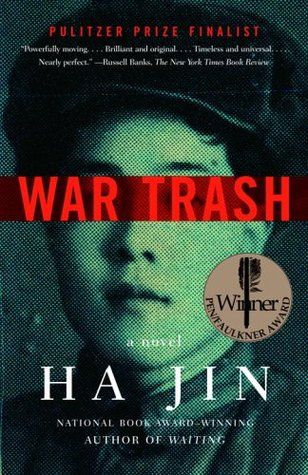
War Trash by Ha Jin (PEN/Faulkner Award, 2004)
This novel, which was also a Pulitzer Prize finalist, takes place in a prisoner-of-war camp in Korea. Yu Yuan, a Chinese soldier, was captured by the Korean military and now must decide between declaring his allegiance to the Chinese Nationalists and facing never returning to China or becoming aligned with the Communists in hopes of someday being released to see his mother and his fiancée.
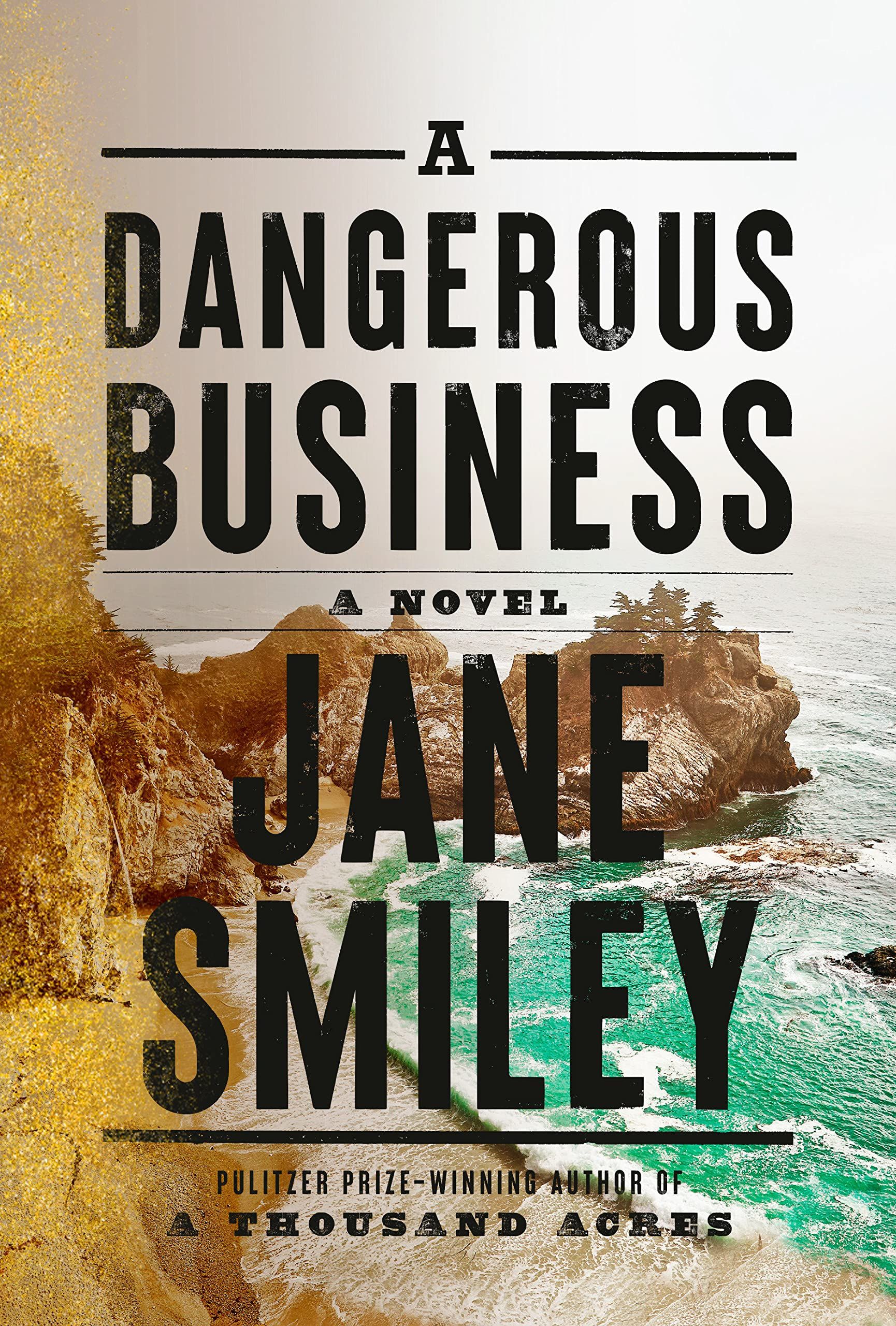
A Dangerous Business by Jane Smiley (Society of American Historians Prize for Historical Fiction, 2023)
In 1850s California, prostitutes Eliza and Jean are both creating their own lives on the edge of the Wild West in Monterrey, California. The bodies of young women have begun to turn up outside of town, and Eliza and Jean are determined to find the killer. This book explores the freedoms and restrictions of women making their way on their own during this time period.
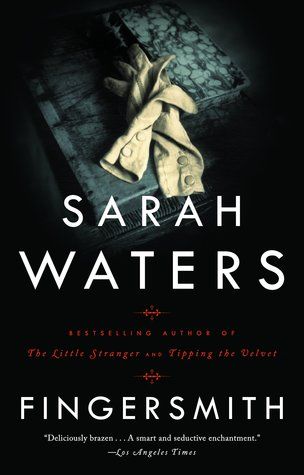
Fingersmith by Sarah Waters (British Book Awards Author of the Year, 2003)
This gothic historical novel explores themes of feminism and lesbianism in the Victorian era, and it incorporates historical texts. Sue Trinder has been raised as an orphan and is sent by her benefactor, Mrs. Sucksby, to help Gentleman, a well-known conman, seduce Maud, a wealthy heiress. As the story progresses, we begin to hear Maud’s side of the story as well as see how the relationships between Sue, Maud, and Gentleman shift.
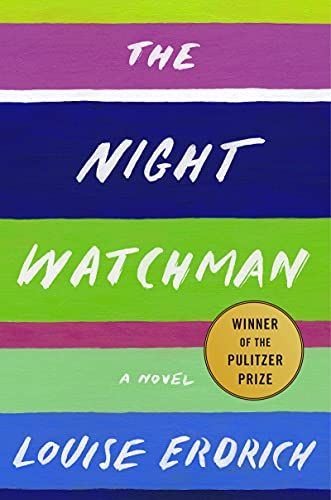
The Night Watchman by Louise Erdrich (Pulitzer Prize, 2021)
It’s 1953, and Thomas Wazhashk is the night watchman at the jewel-bearing plant near the Turtle Mountain Reservation in rural North Dakota. He is also a member of the Chippewa Council, which is grappling with the U.S. government’s decision to terminate Native American treaty rights and the identity of tribes. Filled with the kind of expertly crafted characters and storylines that Erdrich is known for, this book illustrates a pivotal point in Native American history.
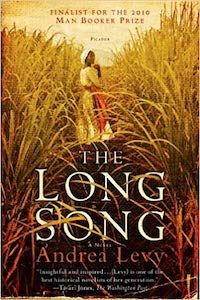
The Long Song by Andrea Levy (Walter Scott Prize, 2010)
The Long Song is written as the memoir of an elderly Jamaican woman living at the end of the 19th century. It covers the story of slavery in Jamaica, the 1831 Baptist War, and the transition to freedom in a moving epic of a woman’s life.
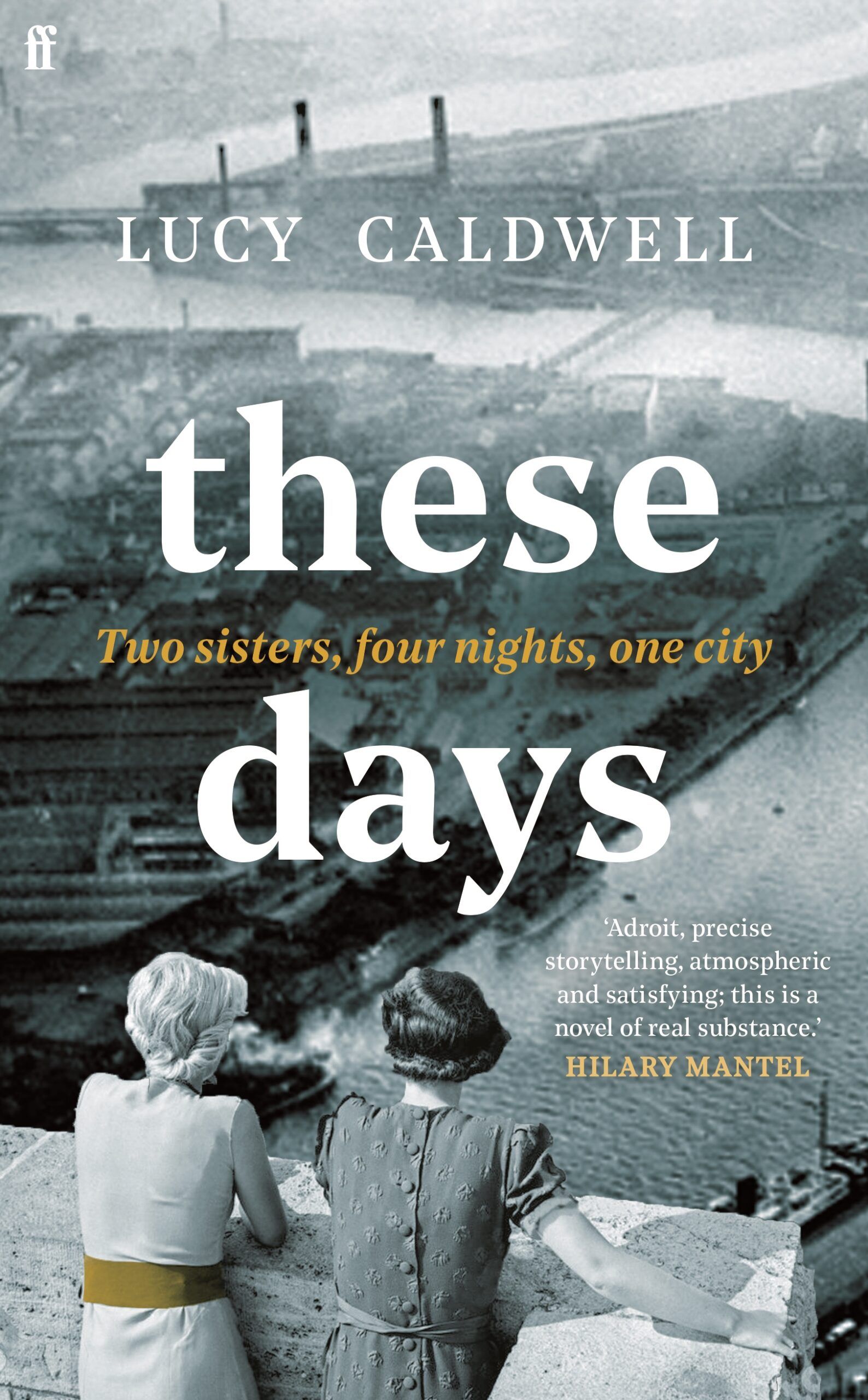
These Days by Lucy Caldwell (Walter Scott Prize, 2023)
Set in April 1941 during the Belfast Blitz, this is the story of two sisters. Audrey is engaged to Richard, and Emma is finding herself slowly falling in love with a woman, with both journeys playing out against the almost surreal horrors of the bombing raids. The book provides lots of detail about wartime in Belfast as well as a moving account of the sisters’ personal lives.
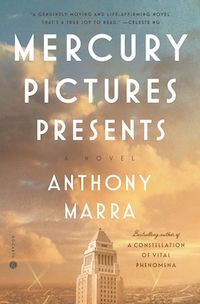
Mercury Pictures Presents by Anthony Marra (David J. Langum, Sr. Prize in American Historical Fiction, 2022)
Maria Lagana grew up in Rome dreaming of the cinema and moved to Los Angeles to pursue a career in film. Fifteen years later, she’s an associate producer at Mercury Pictures, a studio on the verge of bankruptcy. As the world teeters on the brink of war, Maria must face the personal relationships that have come to complicate her life, as well as welcome the war refugees who have come to Los Angeles to try to make a new life for themselves.
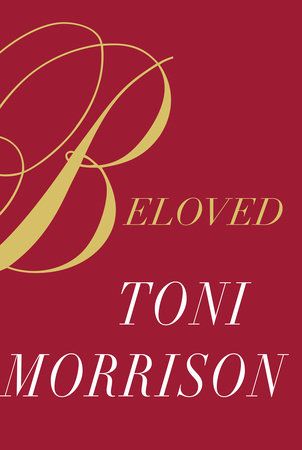
Beloved by Toni Morrison (Pulitzer Prize, 1988)
There’s a reason this book is a classic of literature, regardless of genre. Nobel Prize winner Toni Morrison once again shows her genius while telling the narrative of Sethe, who escaped enslavement 18 years ago but is still haunted by the ghosts of the past. Called “brutally powerful,” this enduring novel is a must-read.
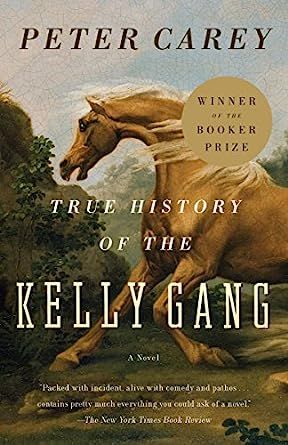
True History of the Kelly Gang by Peter Carey (Booker Prize (UK), 2001)
Structured as the autobiography of Ned Kelly, this novel begins with the story of Ned’s father, an Irishman who came to the colony of Victoria, Australia. As the years go by, the family begins to tangle with the British establishment that governs the colony. First, Ned’s father is jailed, and then Ned, along with his friends and brothers, becomes a gang of horse thieves wanted by law enforcement. The story has a “Wild West”/folk hero motif as Kelly struggles against the Englishmen who own the colony and want him dead.
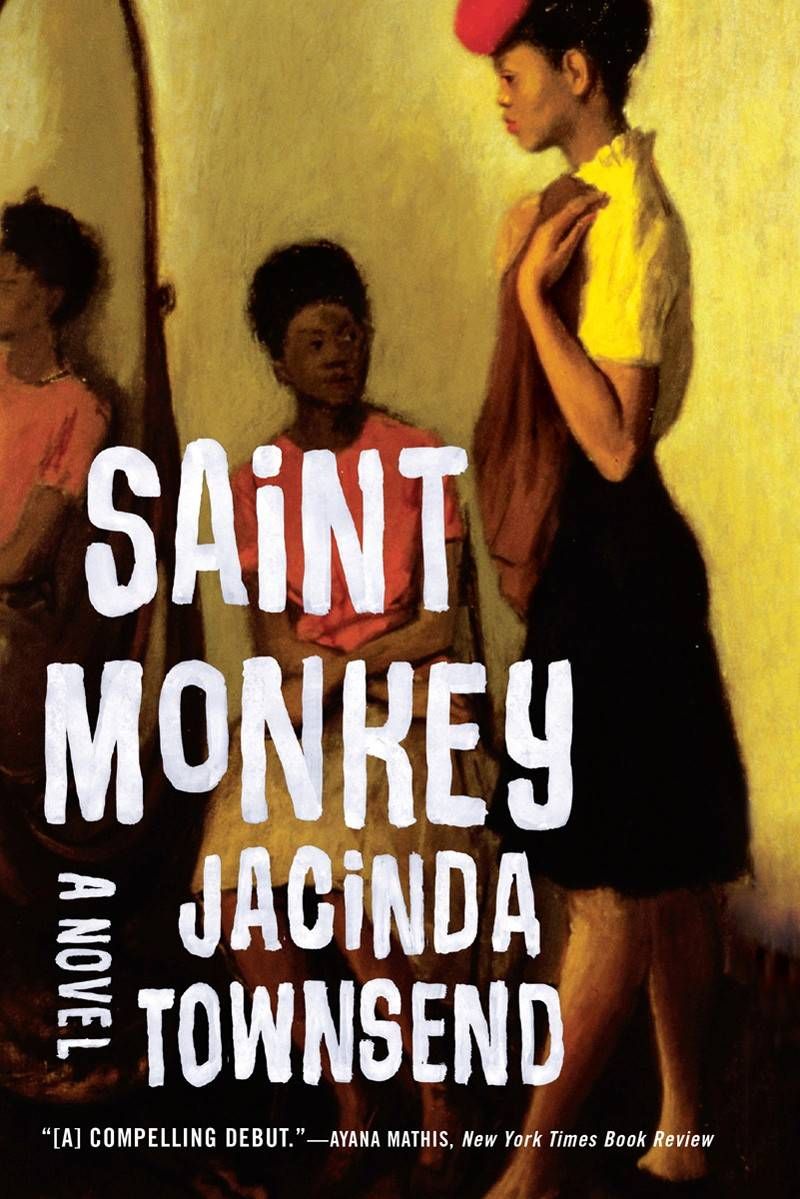
Saint Monkey by Jacinda Townsend (Society of American Historians Prize for Historical Fiction, 2015)
Audrey Martin is a 14-year-old with an amazing talent at the piano and a best friend, Caroline, who dreams of stardom. Audrey and Caroline aren’t sure they’ll ever leave Kentucky, but when a talent scout sees Audrey playing the piano, she’s offered a chance to head to New York City and eventually to the Apollo. As Audrey deals with the trials of big-city life, Caroline continues to live in their hometown. This is a portrait of two women on diverging paths in the early 20th century.
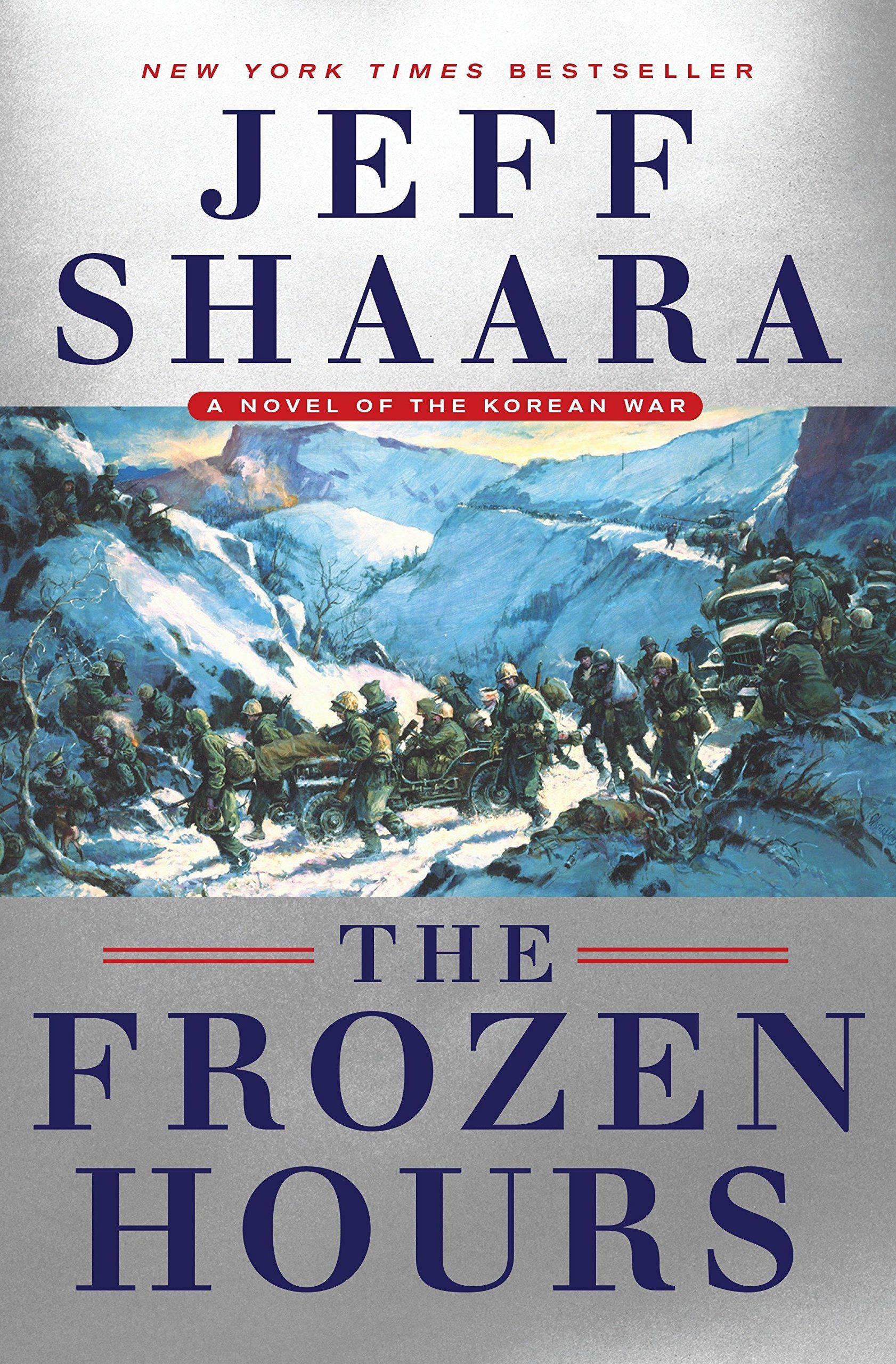
The Frozen Hours by Jeff Shaara (W.Y. Boyd Literary Award for Excellence in Military Fiction, 2018)
This novel is known for its precise dramatization of the Battle of Chosin Reservoir, of Frozen Chosin, in 1950. In Shaara’s book, we hear the story through the perspective of three men: an American commander, a Marine private, and a Chinese commander, as they each fight for survival in one of the most terrifying battles of the war.
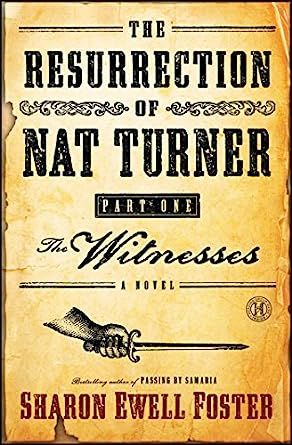
The Resurrection of Nat Turner, Part 1: The Witnesses by Sharon Ewell Foster (Michael Shaara Award for Excellence in Civil War Fiction, 2012)
Sharon Ewell Foster’s epic, two-part novel about the heroic Nat Turner sets a new standard for detailed research and narrative, historical writing. In this volume, Foster writes a novel spanning over 60 years, from Ethiopia to Virginia, to tell the story of Turner’s life.
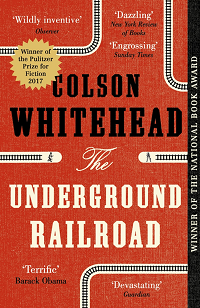
The Underground Railroad by Colson Whitehead (Pulitzer Prize, 2017, National Book Award for Fiction, 2016)
In this ingenious telling of antebellum history, the Underground Railroad is not a metaphor but an actual railroad that takes passengers to freedom. Following Cora, who begins the story enslaved on a cotton plantation, Whitehead masterfully weaves together her own fearful journey and the larger history of the United States.
Looking for more award-winning books? Check out our lists of award-winning horror novels and science fiction books. And if you’re looking for more historical fiction, you can take a look at our archives.
